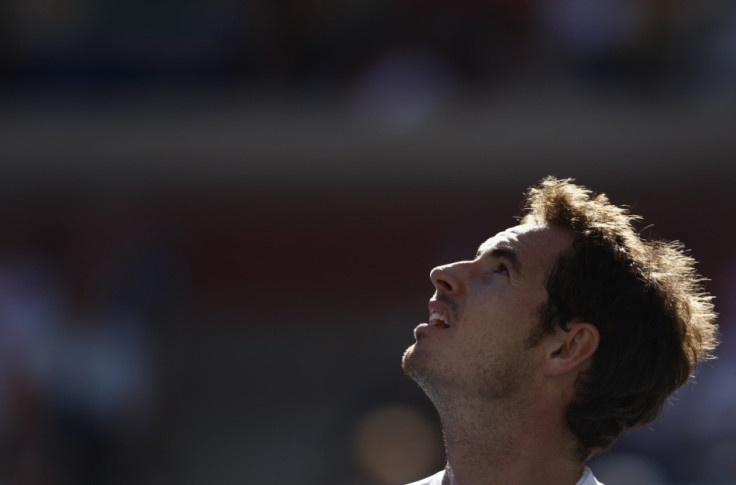Andy Murray Struggling to Deal With the Major Champion Burden

Andy Murray's crushing defeat to Stanislas Wawrinka in the US Open quarter-final brought an anti-climactic end to the finest year in the British No.1's tennis career.
Olympic gold medalist at the London 2012 Olympic Games, a maiden grand slam winner at Flushing Meadows and then the first British male singles champion at Wimbledon for 77 years; Murray may never experience another year like it.
But at just 26, Murray is threatening to turn the remainder of his career into a case of 'after the Lord Mayor's Show' after suggesting he lacked motivation in preparing to defend his US Open title, following the demands presented at the All-England Club.
"You know, when you work hard for something for a lot of years, you know, it's going to take a bit of time to really fire yourself up and get yourself training, you know, 110 percent," Murray admitted. "That's something that I think is kind of natural after what happened at Wimbledon.
"It was very challenging for me to play you know, Wimbledon, the last few games of Wimbledon to you guys may not seem like much, but to me it was extremely challenging."
Murray's declaration can be defended as human instinct, something many of us can relate to. Achieving something so unique can leave a void, emptiness. In a normal scenario, you would sympathise with the Dunblane-born player's predicament.
However, the nature of elite sport is its finest competitors are anything but human. They're relentless, hungry animals who crave adoration and live for achievement; society's most admirable addicts who are fuelled by the drug of success. There's a reason Tiger Woods, Roger Federer and Sebastian Vettel are so revered; they're unwilling to stand and stare.
Murray's tear-filled speech at Wimbledon's centre court following defeat to Federer in 2012 was not only the turning point in the public perception of the steely Scotsman but it was an insight inside the emotions endured by the modern-day sportsman.
While winning Wimbledon was no doubt Murray's No.1 target this year, victory must not become an anchor on the remainder of his career. Just 24 hours after winning in New York last year, Murray said reaching the summit of professional men's tennis was his primary goal.
He threatens to undermine that bid and any ambitions of making a lasting impression on tennis history should he continue to struggle to deal with the demands which accompany a major win; the pathway to becoming world No.1.
The lull following a major triumph is a case of history repeating itself for Murray. After succeeding at the US Open, hs failed to win again until the Australian Open warm-up at Brisbane at the start of the year.
Following that five-set loss to Murray, Novak Djokovic - whose own exploits of consistency saw him reach a 14<sup>th consecutive slam semi-final after defeating Mikhail Youzhny - got right back on the horse, winning three of the next four tournaments he played including beating Murray at the ATP World Tour Finals in London. He's the world No.1 by the way.
Murray no doubt possesses the same capacity to win as Djokovic, having defeated the Serbian in clinching both his grand slam titles, so this is no debate about ability. The question remains over if he has the motivation and aptitude to sustain his success sufficiently to reach the summit of his sport.
History overlooks life's one-hit wonders and brief successes. Andy Murray must ensure he doesn't become tennis' forgotten man.
© Copyright IBTimes 2025. All rights reserved.





















